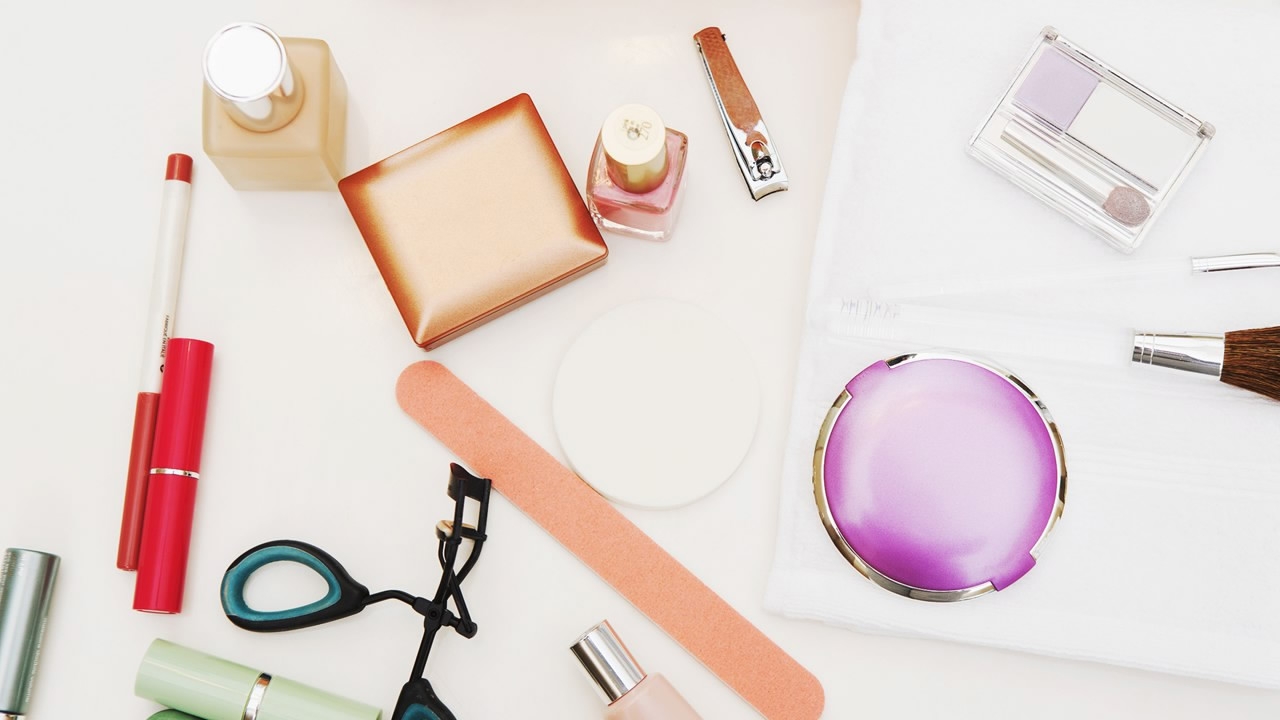
Business
18:58, 13-Dec-2017
Chinese make-up holds new charm for beauty-minded
CGTN's Chen Tong

China's domestic cosmetic brands are gaining traction from well-groomed Chinese ladies, a new report has showed, though they still have a long way to go before they can catch up with the international luxury brands.
Research company Kantar Worldpanel said Chinese domestic make-up brands are widening their market share, alongside South Korean and Western products.
As of the end of June, domestic cosmetics accounted for 55 percent of China's cosmetics market, with much of their increasing popularity attributed to online sales.

VCG Photo
VCG Photo
Meanwhile, Western brands now account for merely 27 percent of China's cosmetics market, a decline over the past two years. The popular choice for Chinese beauties in the past, Korean brands have taken a hit, and are now taking only 10 percent, partly impacted by strains in China-Korean relations.
These finding are corroborated by data from China’s e-commerce giant Alibaba which suggests that that three out of the 10 cosmetic brands with the largest sales during Single’s Day this year were domestic. The classic brand Pechoin, traditionally a maker of a basic moisturizer with a history of over eight decades, topped the list, followed by another Chinese brand, Chando.
Playing up e-commerce channels has been their key to success. “E-commerce is not merely a sales platform but also a promotion channel, for both domestic brands and foreign ones looking to reach out to Chinese consumers,” said Yan Ming, president of a Chinese cosmetic brand, Inoherb.

VCG Photo
VCG Photo
But domestic brands run up against a stone wall in high-end markets. Consumers in first-tier cities prefer international names, with are associated with luxury, comfort and quality. In the meantime, foreign make-up products are thoroughly discussed on beauty blogs and in online forums, while domestic products are rarely mentioned by beauty bloggers.
“Foreign brands still have a clear advantage in some areas. For example, if you look at brands like Lancome and YSL, they are aspirations for young ladies,” noted Jason Yu, general manager of Kantar Worldpanel Greater China.
“But we do see some domestic brands that are showing their ambitions to move up-scale and trying to come up with more premium offers in the market.”

SITEMAP
Copyright © 2018 CGTN. Beijing ICP prepared NO.16065310-3
Copyright © 2018 CGTN. Beijing ICP prepared NO.16065310-3